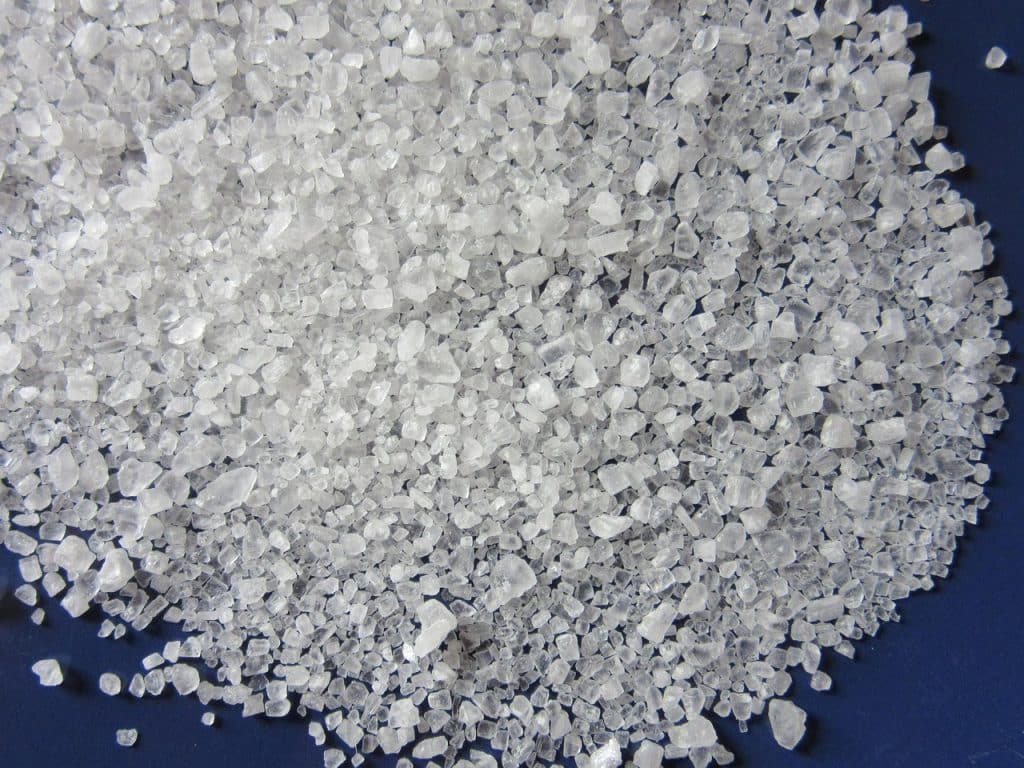As the global market for aqueous batteries accelerates—projected to exceed $10 billion by 2030—a new study from KAUST’s Center of Excellence for Renewable Energy and Storage Technologies (CREST) sheds light on a persistent challenge: short lifespan due to parasitic reactions at the metal-electrolyte interface.
The research, published in Science Advances, reveals that the addition of sulphate ions, specifically from salts like zinc sulphate, could increase aqueous battery lifespan by over a factor of ten, while maintaining chemical stability and cost-effectiveness.
The finding has implications well beyond academic interest. Aqueous batteries are positioned as safer, more sustainable alternatives to lithium-ion systems for stationary, grid-scale energy storage, especially in regions with high solar potential and urgent renewable integration needs. But their broader adoption has been hindered by limited cycle life—an issue CREST researchers attribute primarily to free water molecules triggering side reactions that degrade the anode.
Free water—defined as water not strongly bonded to surrounding molecules—interacts more readily with metal anodes, initiating parasitic reactions that reduce both energy efficiency and lifespan. The KAUST team demonstrated that sulphate ions suppress this process by stabilizing the hydration structure of water. As Professor Husam Alshareef, CREST director and chair, explained, “Sulphates uniquely stabilize water molecules, preventing the side reactions that typically limit battery lifespan.”
This stabilization not only curtails the rate of degradation but also improves reversibility, which is critical to making water-based batteries viable for multi-year applications. The chemical profile of sulphates—abundant, inexpensive, non-toxic, and thermally stable—makes them a particularly attractive additive for energy systems that must scale without introducing new environmental risks.
A key insight from the study was that the effect of sulphates is not limited to zinc-based systems. While most of the research was conducted using zinc sulphate electrolytes, preliminary experiments suggest similar stabilization in other metal anodes. This raises the possibility of a generalizable electrolyte formulation that could apply across multiple battery chemistries, lowering entry barriers for manufacturers aiming to commercialize water-based alternatives.
The study also underscores the importance of electrolyte design in shaping interfacial chemistry, an area often overshadowed by focus on electrode materials. The team’s ability to pinpoint the role of anions in water structuring could open new directions in aqueous battery optimization, particularly as battery systems move from lab to pilot scale.
While lithium-ion technologies remain dominant in portable and automotive applications, their thermal risk profiles, material scarcity, and recycling limitations leave gaps in large-scale deployment. Aqueous systems, by contrast, use non-flammable electrolytes and earth-abundant materials, making them well-suited for renewable energy storage, particularly in regions like Saudi Arabia, where sun exposure is high but long-term, cost-efficient storage remains a bottleneck.
The CREST team is already working to advance from prototype to commercialization, seeking partnerships with industrial players and utilities. Their aim is not only to optimize aqueous chemistries for performance but also to adapt them to the infrastructure and climate conditions of target regions.
Stay updated on the latest in energy! Follow us on LinkedIn, Facebook, and X for real-time news and insights. Don’t miss out on exclusive interviews and webinars—subscribe to our YouTube channel today! Join our community and be part of the conversation shaping the future of energy.





